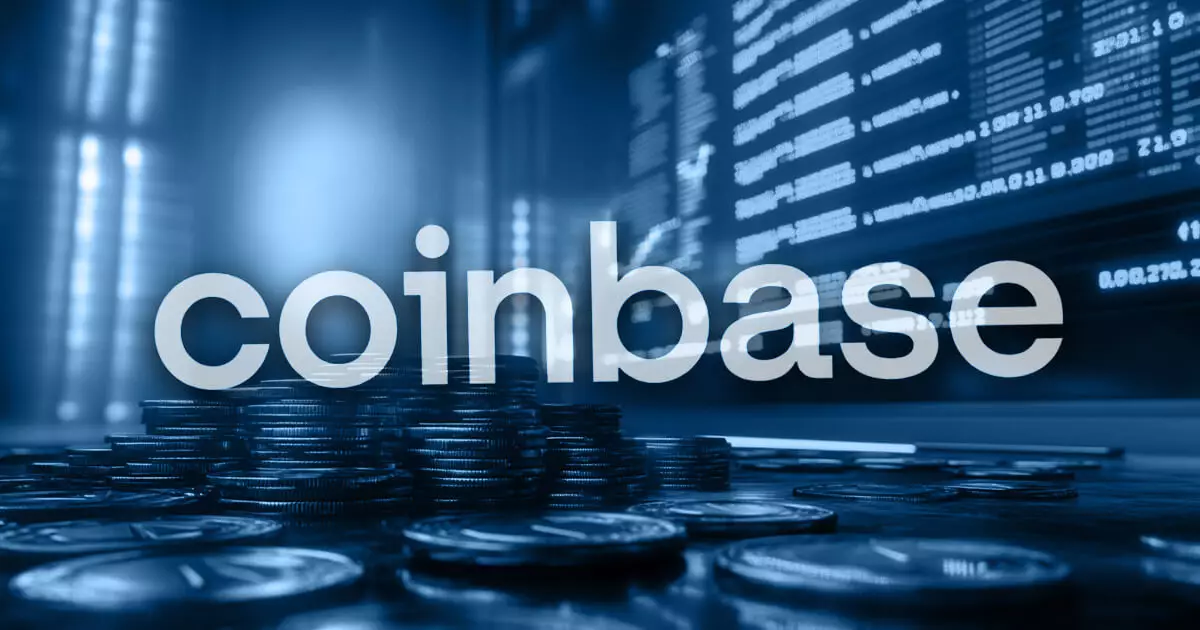The cryptocurrency environment is constantly evolving, and the conversation around listing fees on major trading platforms has taken center stage. Recently, a dispute erupted between stalwarts of the crypto community, notably Justin Sun, the founder of the Tron Network, and Andre Cronje, co-founder of Sonic Labs, against Brian Armstrong, CEO of Coinbase. Sun heatedly challenged Armstrong’s assertion that Coinbase offers free asset listings. He cited a purported demand from Coinbase for a staggering 500 million TRX—which is approximately $80 million—for the inclusion of Tron’s native cryptocurrency on the platform. This revelation raises significant questions about transparency and operational practices within the industry.
In stark contrast, Sun mentioned that Binance, a competing exchange, listed Tron without any charge, showcasing a potentially more favorable approach in the eyes of some cryptocurrency advocates. Furthermore, Sun suggested that Coinbase had requested a $250 million Bitcoin deposit into its custody service for liquidity purposes, casting doubt on the claim that listings do not come with hefty costs.
Support and Opposition
The accusations laid out by Sun and Cronje echoed throughout the crypto community, prompting supporters and detractors to voice their opinions. Cronje reinforced Sun’s claims, recounting that Coinbase had allegedly approached his team with fees ranging between $30 million to $300 million for listings. He stated, “Binance charged us $0. Coinbase has asked us for; $300m, $50m, $30m, and more recently $60m. Lots of respect. But this is simply not true.” This assertion implies a disparity in the listing practices of major exchanges, a critical aspect for projects attempting to enter the competitive market.
However, the response from the crypto community was swift. Notable figures like Greg Osuri, founder of Akash Network, came forward to defend Coinbase, asserting that his own project incurred no charges for listing. Similarly, Haider Rafique, the Chief Marketing Officer at OKX, backed Coinbase, emphasizing the platform’s transparency in its listing process. The mixed responses illustrate the complexity of the situation, where narratives differ greatly depending on one’s experience with various exchanges.
An important perspective was shared by Moonwell DeFi contributor Luke Youngblood, who suggested that the confusion surrounding Coinbase’s practices might stem from its Earn platform. He elaborated that while Coinbase runs marketing campaigns that could appear similar to listing fees, these initiatives are entirely separate. Youngblood clarified, “I can see how Andre might have made an honest mistake assuming a Coinbase Earn campaign was required for a listing. It is definitely not required and is a completely different part of Coinbase that is unrelated to listings.”
This insight sheds light on the potential misinterpretations that can arise when distinguishing between various financial obligations associated with exchange listings. While marketing costs may not directly correlate with listing fees, they can easily be misconstrued as such due to the lack of clear differentiation.
The debate on listing fees takes on greater significance against a backdrop of wider discussions regarding market stability and liquidity, particularly for new projects. Simon Dedic, CEO of Moonrock Capital, recently alleged that Binance had requested 15% of some projects’ total token supply—potentially translating to $50 million to $100 million. These high price tags can deter emerging projects and create barriers to entry, leading to a less diverse marketplace dominated by well-established entities.
Despite the dismissal of Dedic’s claims by Binance co-founder He Yi, who described such allegations as unfounded Fear, Uncertainty, and Doubt (FUD), the conversation emphasizes the necessity for transparency and consistency in listing protocols across the diverse landscape of crypto exchanges. As He Yi pointed out, “FUD will never go away, but it makes us stronger,” highlighting the need for exchanges to maintain their integrity amidst scrutiny.
As the cryptocurrency market continues to mature, the conversation around listing fees and transparency remains vital. The conflicting narratives from influential members in the community underline the necessity for clearer communication from exchanges regarding their listing policies. Only through transparent practices can trust be built, ensuring that emerging projects have equal opportunities to compete in what remains a dynamic and high-stakes landscape. In the end, fostering an environment of credibility and integrity may prove essential for the growth and sustainability of the entire blockchain ecosystem.


Leave a Reply